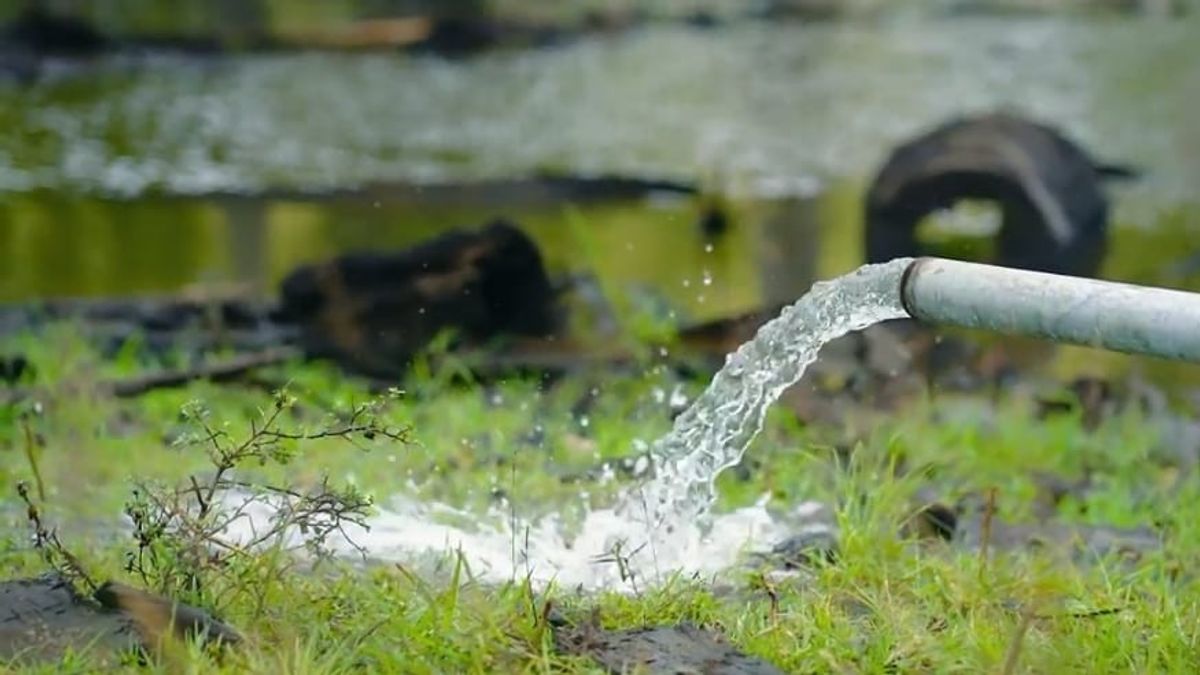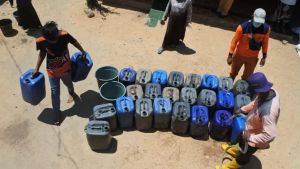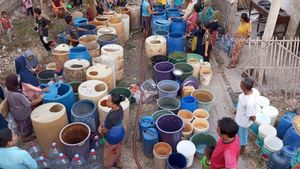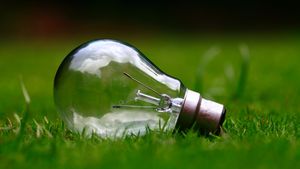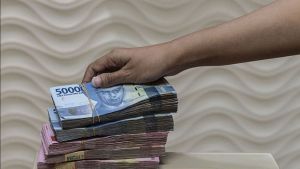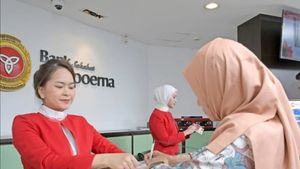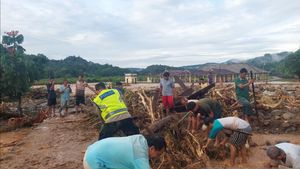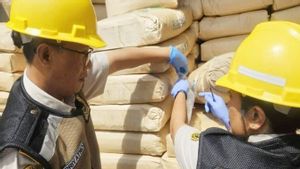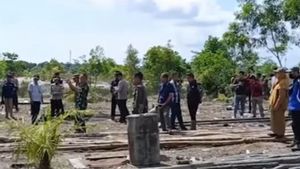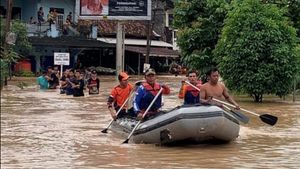JAKARTA - The Ministry of Public Works and Public Housing (PUPR) said that the resting place and service (tip) or rest area need to be recycled water to support the sustainability of the environment in the toll road sector.
"There must be recycling efforts (recycle) in the use of water, energy, and waste in the management of toll road services so that it is environmentally friendly," said the Sustainable Toll Road Assessment Team/Expert, Sudirman, in his written statement, Thursday, October 19.
Sudirman said, liquid waste treatment is important to be recycled as a form of water savings so that it is not wasted.
"For example, water from the toilet and the remaining ablution mosque can be processed or reused to water plants around the rest area/resting places and toll road services," he said.
In addition to recycling water use, toll road management is expected to be able to utilize energy-efficient technologies.
"For example, the source of electricity can be combined using solar panels (solar cells) and LED lighting which is more energy efficient," said Sudirman.
관련 항목:
Not only that, he also encouraged the practice of recycling waste in each rest area of the toll road. Waste recycling can be done in various ways, for example plastic waste enumeration for recycling. Meanwhile, for organic waste can use Maggot.
As one of the efforts in forming a toll road with character in 2024 throughout Indonesia, the Ministry of PUPR continues to assess and evaluate the quality of toll road services and rest areas in 2023.
In addition to fulfilling the Assessment Quality Standards (SPM) that should be maintained, this year the assessment also emphasizes the support of environmental sustainability in the management of toll road services.
The English, Chinese, Japanese, Arabic, and French versions are automatically generated by the AI. So there may still be inaccuracies in translating, please always see Indonesian as our main language. (system supported by DigitalSiber.id)
